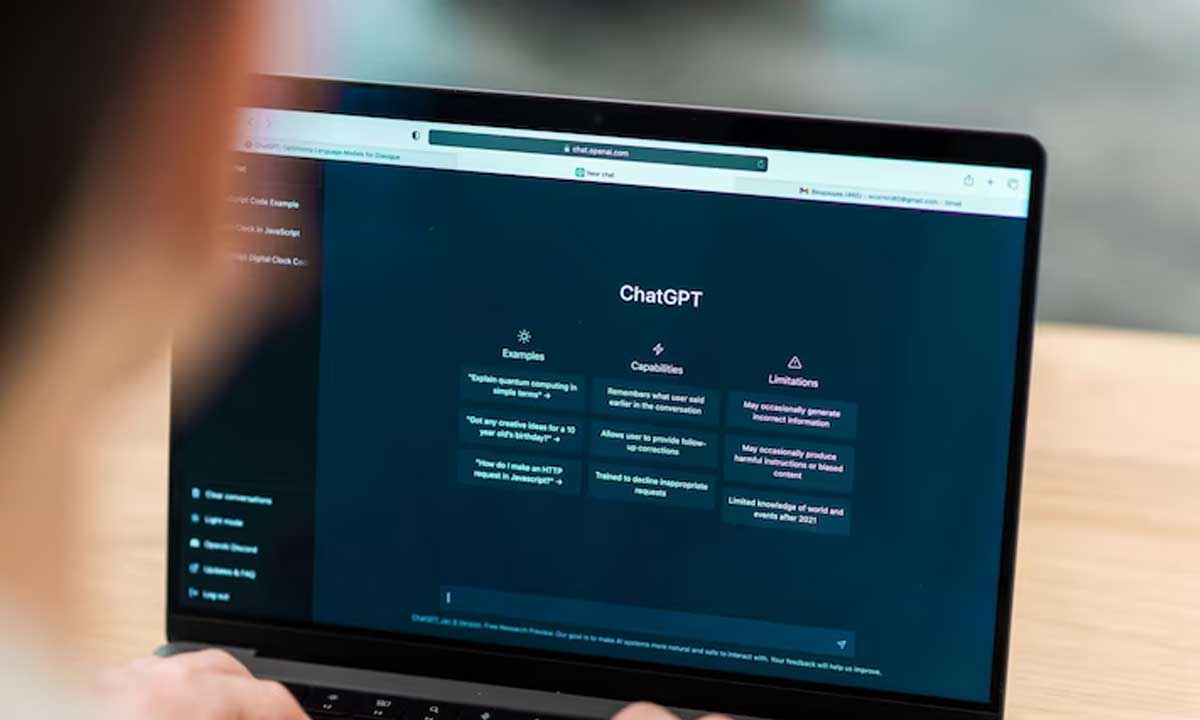ChatGPT Adds Professional PDF Export Feature to Deep Research Tool, Marking Major Productivity Upgrade
In a significant step forward for productivity and workflow optimization, OpenAI has announced a new feature that allows ChatGPT users to export their AI-assisted research as fully formatted PDF documents. Revealed through the company’s official X account (formerly Twitter) on Monday, the new functionality is now available to ChatGPT Plus, Team, and Pro users.
This update is a major enhancement to ChatGPT’s Deep Research tool, enabling users to convert both new and existing research sessions into well-organized PDFs. These documents come complete with structured formatting, embedded tables, images, clickable citations, and reference links—features designed to meet the needs of professionals, academics, and teams working in collaborative or client-facing roles.
The new “Download as PDF” option can be accessed through the share icon within the ChatGPT interface. Once selected, the AI-generated research is transformed into a presentation-ready document, reducing the manual effort users previously faced when transferring content from ChatGPT into formal reports or publications.
While this functionality is already live for Plus, Team, and Pro subscribers, OpenAI has confirmed that the feature will roll out to Enterprise and Education (Edu) users at a later date, though no exact timeline has been disclosed.
A Strategic Shift: From AI Chatbot to Enterprise Productivity Powerhouse

The addition of PDF export functionality is more than just a user-friendly update—it reflects OpenAI’s broader strategic vision to position ChatGPT as a cornerstone of enterprise productivity. Rather than being seen purely as a conversational AI or a tool for casual users, ChatGPT is rapidly evolving into a robust assistant for knowledge work, business communication, and academic research.
The company has been consistently releasing new integrations and feature enhancements aimed at embedding ChatGPT more deeply into workplace ecosystems. This includes seamless support for content formatting, data sourcing, and collaborative sharing—all vital to users in client services, education, journalism, legal services, and technical documentation roles.
Integration with Microsoft and GitHub Strengthens the Ecosystem
OpenAI’s vision of making ChatGPT a central productivity tool has become even clearer with the recent introduction of deep integrations with popular cloud and development platforms. Notably, OpenAI has launched official connectors for Microsoft OneDrive and SharePoint. These connectors allow users—particularly those on the Team plan—to pull data directly from cloud drives into their Deep Research workflows. This streamlines the process of citing, analyzing, or transforming stored documents without ever leaving the ChatGPT interface.
The rollout of these Microsoft connectors is being phased, starting with Team users and expanding to Plus and Pro users, with certain regional exceptions. Due to compliance requirements, users in the European Economic Area, Switzerland, and the United Kingdom are currently excluded from accessing these connectors.
A similar phased release is underway for the new GitHub connector, a powerful addition for developers and technical writers. This integration allows users to fetch and analyze code or technical documentation hosted on GitHub repositories directly from ChatGPT. It’s a game-changer for engineering teams, who often require quick analysis and reporting from their codebases.
As with other features, Enterprise users are still awaiting access to these connectors—pointing to OpenAI’s cautious, phased deployment model likely driven by enterprise-level security and compliance considerations.
Addressing a Core Pain Point in Research and Documentation Workflows
One of the most common frustrations among users of AI-generated content is the lack of easy formatting and export options. Previously, users had to manually copy and paste ChatGPT output into external tools such as Google Docs, Microsoft Word, or Adobe Acrobat to produce client-facing or academic documents. That often meant time-consuming adjustments to structure, formatting, citation management, and layout.
By enabling direct PDF export with embedded citations, OpenAI has eliminated that friction point. This feature allows professionals to instantly transform their AI-generated insights into ready-to-share documents, complete with visual elements and source attribution—ideal for business briefings, stakeholder updates, or academic submissions.
A Push for Market Leadership in AI Productivity Tools
This series of updates strongly signals that OpenAI is no longer content with ChatGPT being perceived as just a general-purpose chatbot. Instead, the company is aggressively positioning the platform to compete in the enterprise software market, taking on productivity giants like Microsoft Copilot and Google Workspace AI tools.
The strategic focus is clear: empower professionals, knowledge workers, and teams with powerful AI tools that cut down on repetitive tasks and streamline content generation, formatting, and sharing. The PDF export feature is just one piece of this larger puzzle, which includes data connectivity, collaborative sharing, source analysis, and even codebase integration.
By addressing real-world use cases—like generating research summaries, creating client presentations, or analyzing team documentation—OpenAI is making a compelling case for ChatGPT to be adopted not just as a novelty but as a workplace essential.
What’s Next for ChatGPT’s Productivity Suite?
While OpenAI has not yet disclosed which features will be released next, the company’s recent trajectory suggests a continued focus on expanding ChatGPT’s capabilities in professional and enterprise settings. Future updates could include integration with more cloud storage providers (such as Dropbox or Google Drive), real-time team collaboration features, enhanced formatting tools for reports, or deeper analytics integrations.
Additionally, broader access to the Microsoft and GitHub connectors for Enterprise users is likely on the horizon, which will further solidify ChatGPT’s value proposition for large organizations.
Final Thoughts
With the new PDF export functionality and continued rollout of high-value integrations, OpenAI is clearly on a mission to redefine ChatGPT’s role in the modern workplace. No longer just a Q&A bot or creative writing assistant, ChatGPT is being positioned as a full-fledged productivity assistant designed to handle real business, academic, and technical tasks with efficiency and polish.
For professionals who depend on clear, presentable documentation, this latest wave of updates could significantly streamline workflows and reduce reliance on manual formatting. As competition in the AI assistant market heats up, OpenAI’s move to enhance ChatGPT’s usability for real-world tasks may prove to be a decisive advantage.
Source Credit: GeekFlare (Original report)

